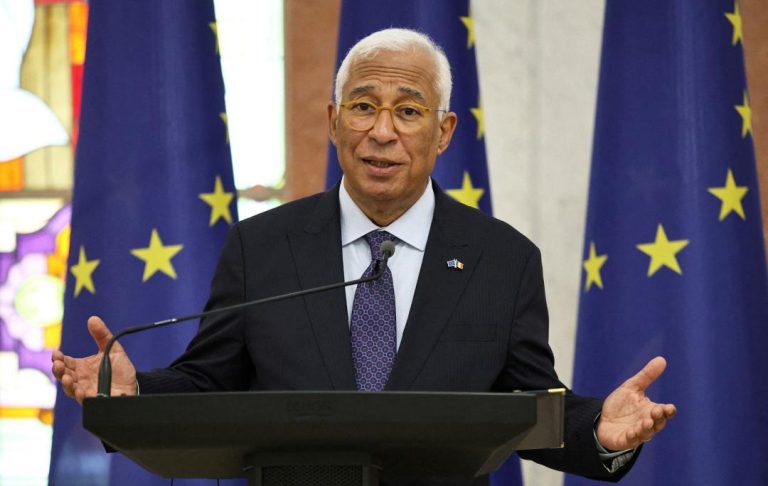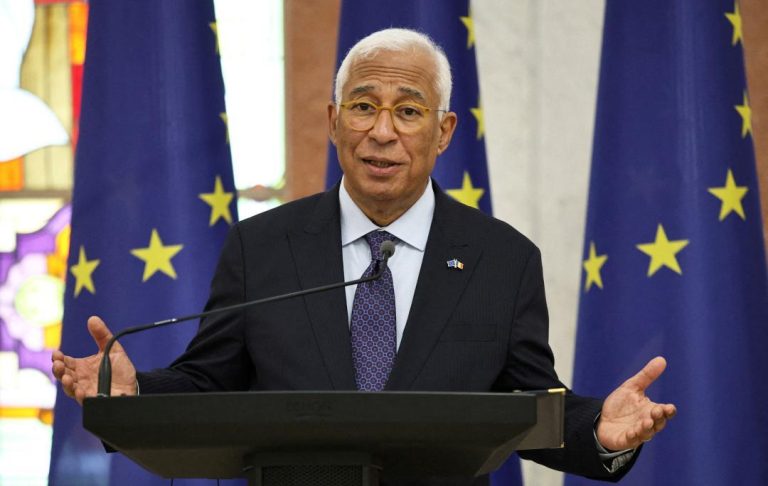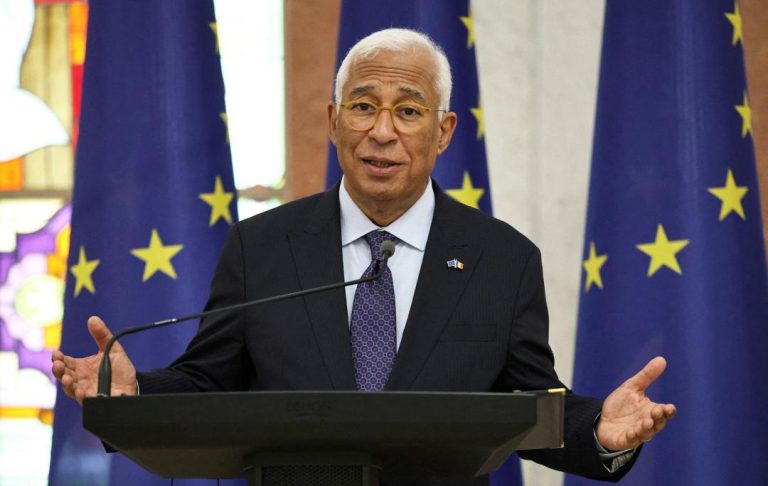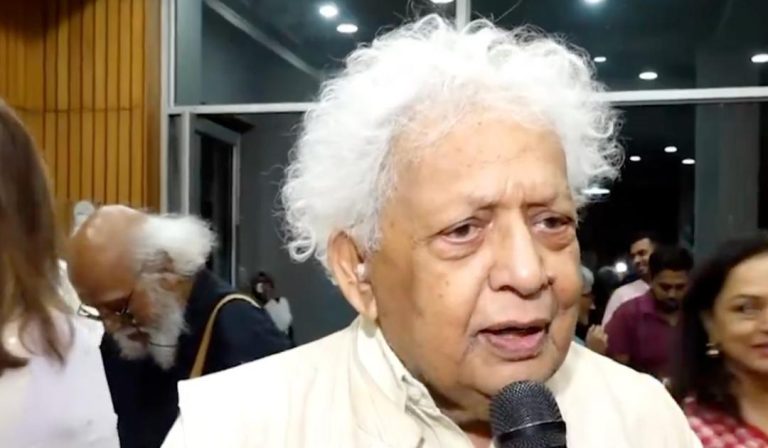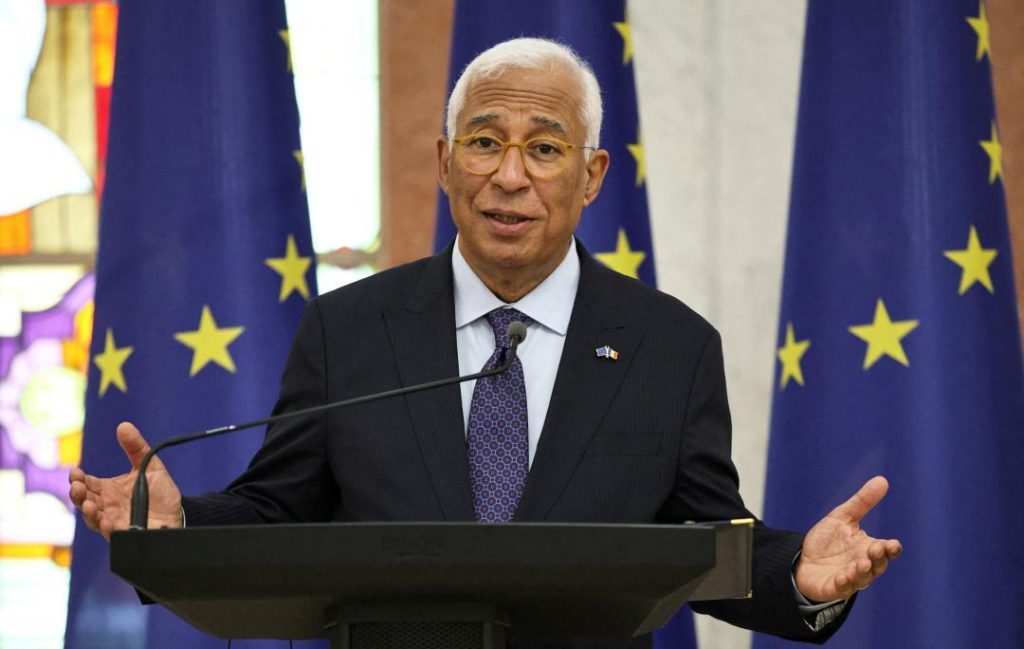
No Indications Spain, Portugal Blackout a Cyberattack: EU’s Costa
A massive power outage has affected Spain and Portugal, leaving millions of people without electricity. The European Union has stepped in to provide support and guidance, with EU Council President Antonio Costa assuring that there are “no indications of any cyberattack at this point”.
The blackout has been described as one of the most significant in recent history, with reports of widespread disruptions to daily life, including transportation, communication, and essential services. The cause of the outage remains unknown, with grid operators in both countries working to identify the source and restore the electricity supply.
In a statement, Costa expressed his solidarity with the people of Spain and Portugal, emphasizing that the EU is committed to supporting them during this challenging time. “Grid operators in both countries are working on finding the cause and restoring the electricity supply,” he said. “I am in touch with Spanish President Pedro Sánchez and Portuguese PM Luís Montenegro, and we are working closely together to address this situation.”
The power outage has brought life to a standstill in both countries, with many residents forced to endure sweltering temperatures and oppressive humidity without air conditioning or fans. The economic impact of the blackout is also significant, with major industries such as manufacturing and logistics likely to be severely disrupted.
Despite the severity of the situation, Costa’s statement is a reassurance that the EU is taking a calm and measured approach to the crisis. The absence of any indication of a cyberattack is particularly noteworthy, given the growing threat of digital sabotage and the increasing reliance on technology in modern society.
Cyberattacks have become a major concern for governments and businesses around the world, with the potential to cause widespread disruption and damage. In recent years, there have been several high-profile incidents of cyberattacks on critical infrastructure, including power grids, hospitals, and financial institutions.
However, in this case, Costa’s statement suggests that the EU is not ruling out any potential causes for the blackout, and that a thorough investigation is underway to determine the root cause of the outage. This approach is likely to be welcomed by the people of Spain and Portugal, who are eager to get back to normal as quickly as possible.
The EU’s response to the blackout is also a testament to the importance of international cooperation and solidarity. In times of crisis, it is essential that governments and institutions work together to provide support and assistance, and the EU’s efforts to coordinate a response to the blackout are a prime example of this.
As the investigation into the cause of the blackout continues, it is likely that more information will emerge about the circumstances surrounding the outage. For now, however, the EU’s reassurance that there are “no indications of any cyberattack at this point” is a welcome development, and a testament to the region’s ability to respond effectively to crises.
In conclusion, the power outage in Spain and Portugal is a significant event that has brought life to a standstill in two major European countries. While the cause of the blackout remains unknown, the EU’s response has been swift and decisive, with Costa’s statement offering reassurance that the situation is being taken seriously and that international cooperation is underway to address the crisis.
Source:
